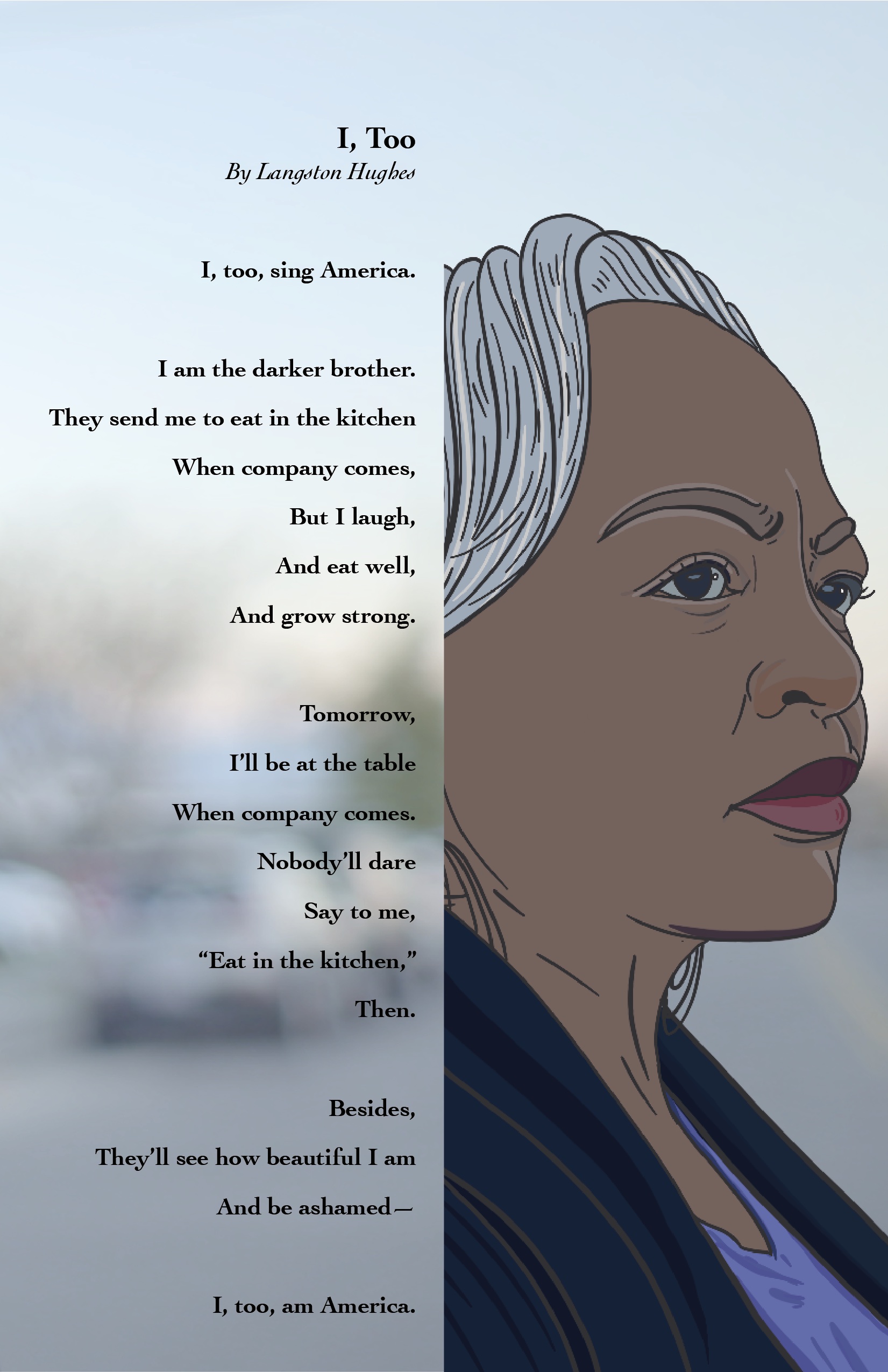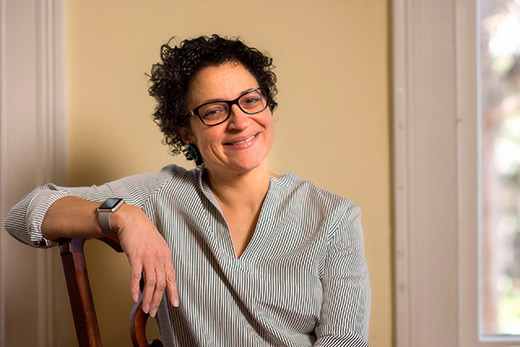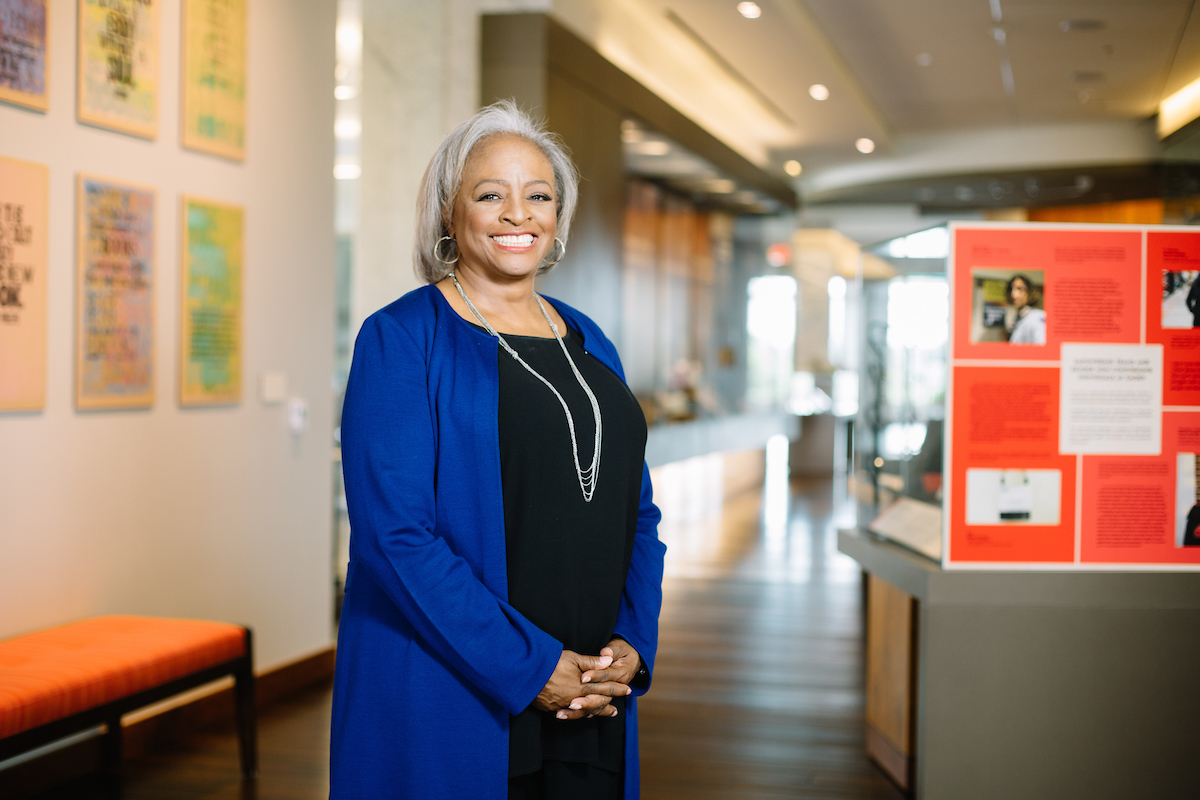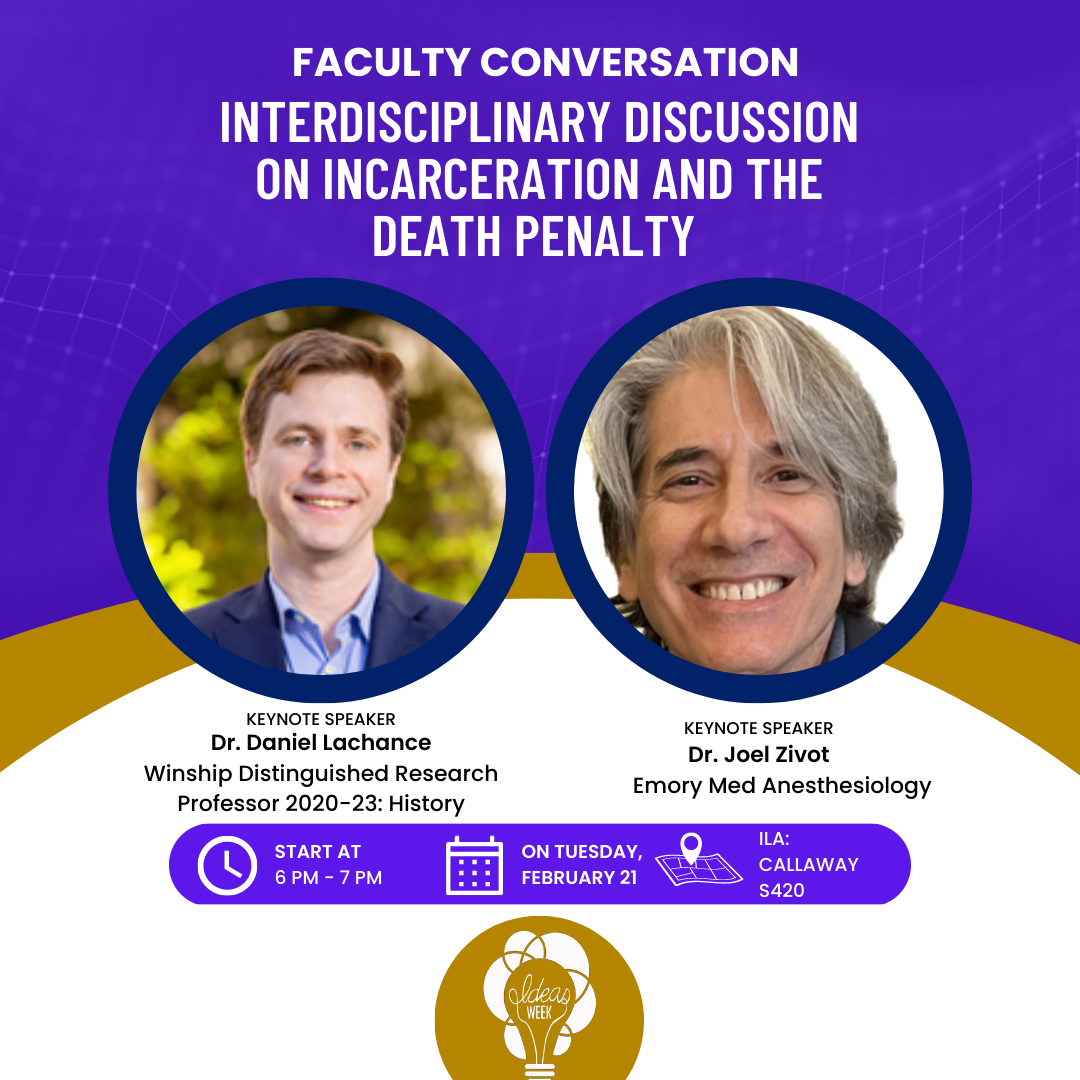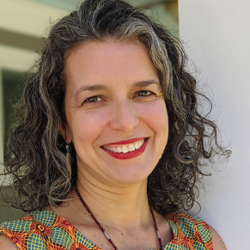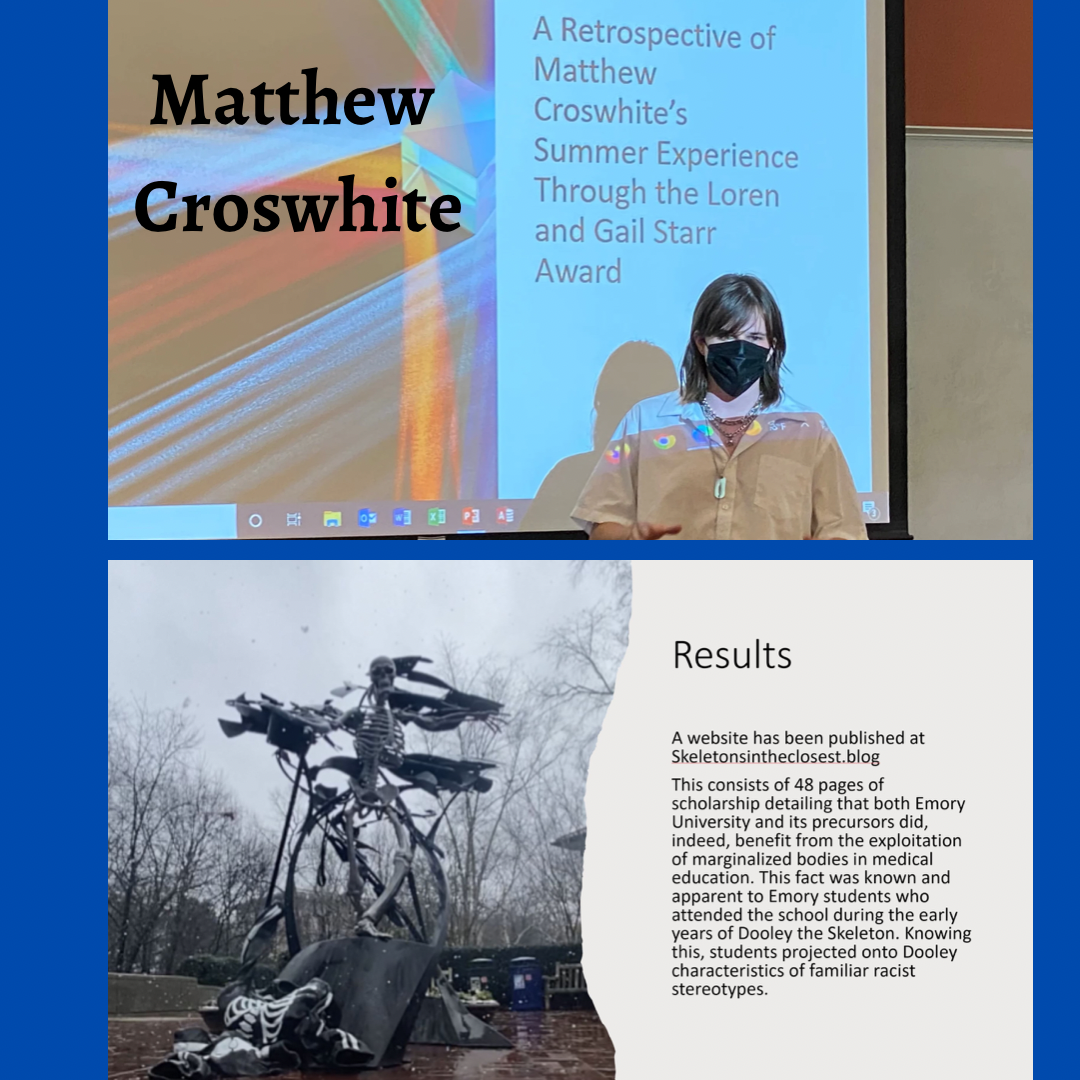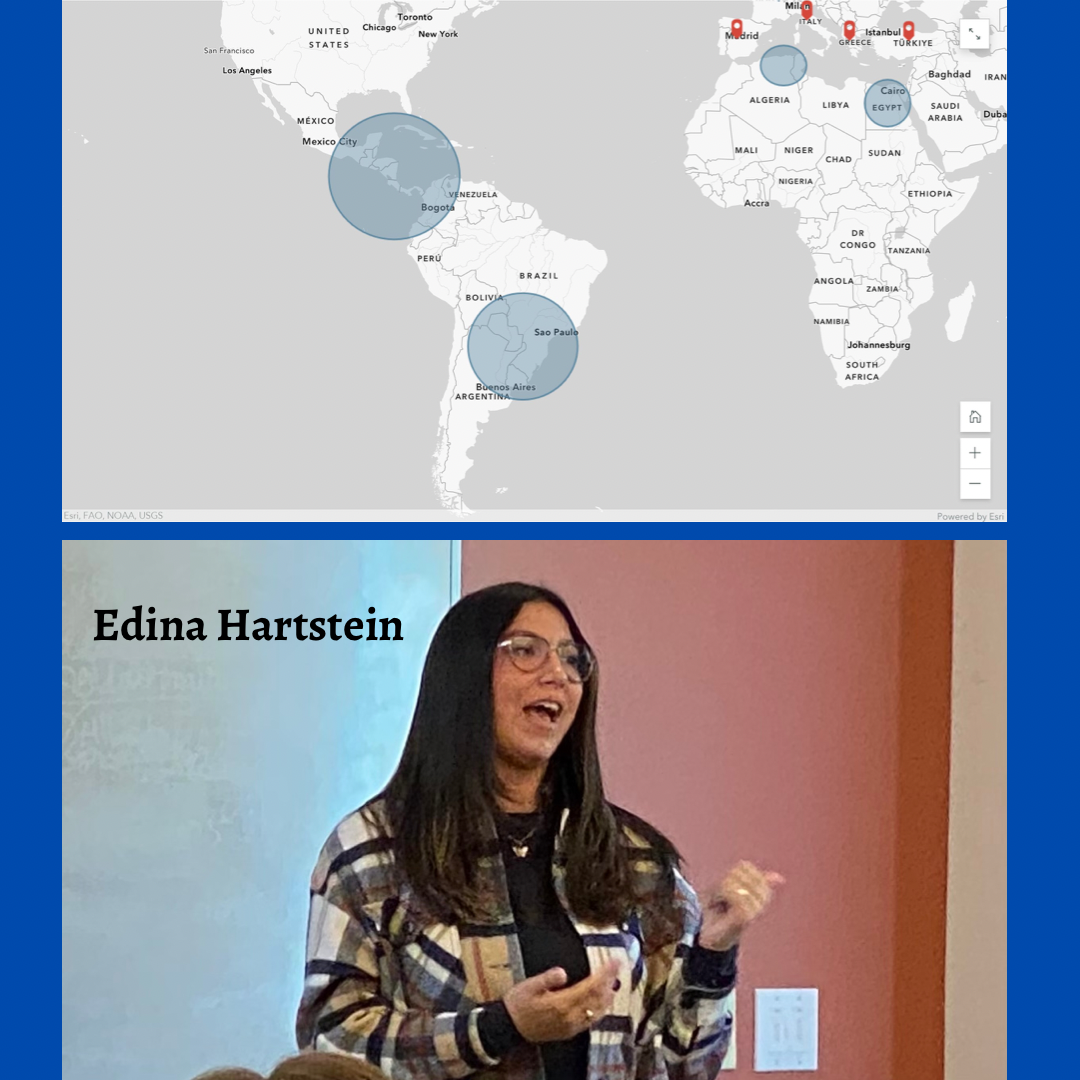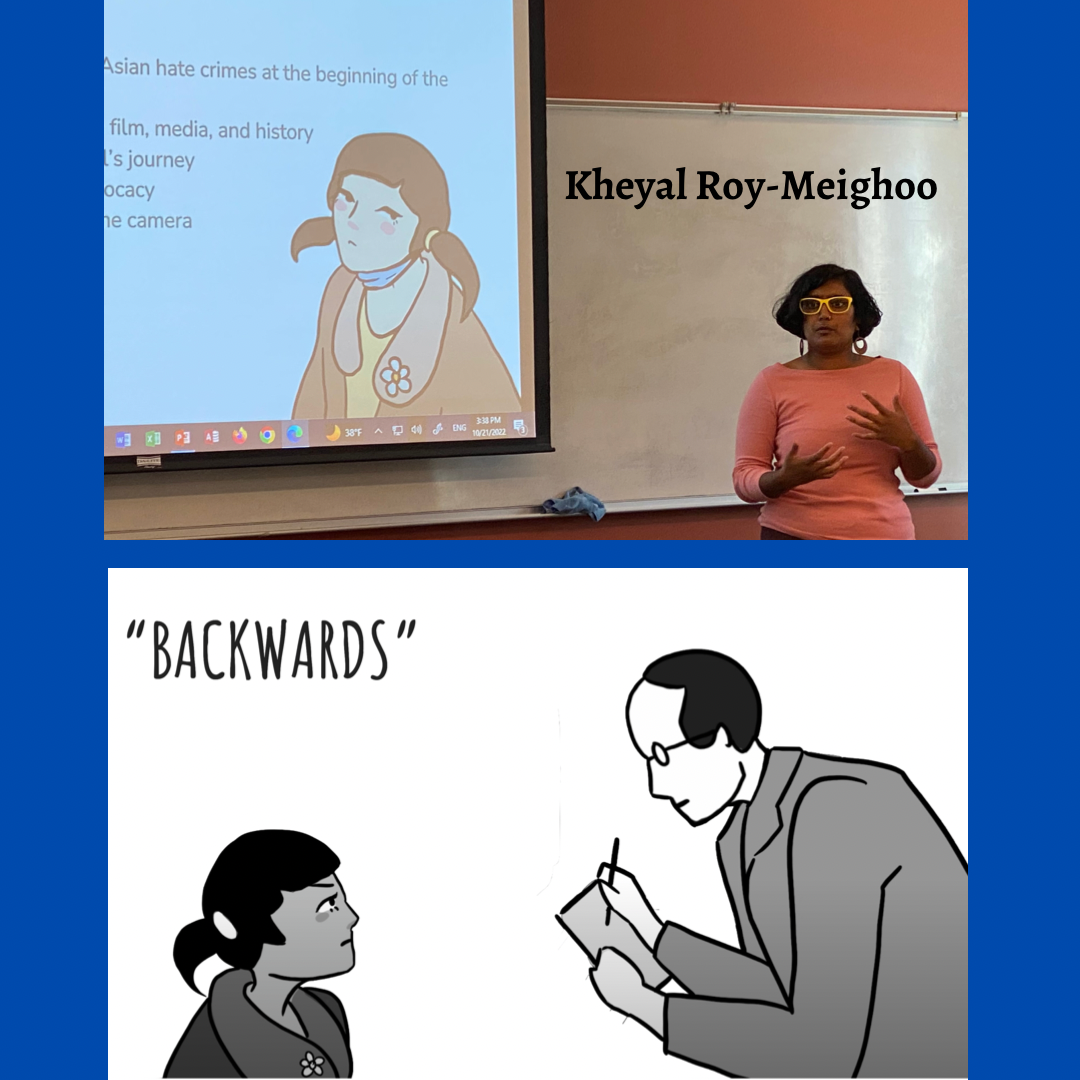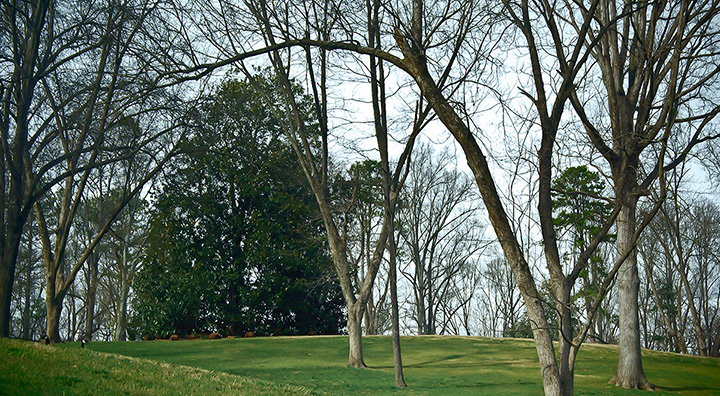Dr. Carol Anderson was recently interviewed by Washington Post senior writer Frances Stead Sellers about her contribution to the book Myth America: Historians Take On the Biggest Legends and Lies About Our Past (Basic Books, 2023). Edited by Kevin M. Kruse and Julian E. Zelizer, the book aims to upend misinformed myths about American history that the editors see as taking strong root in contemporary popular discourse. Anderson’s chapter, “Voter Fraud,” addresses how misinformation about the frequency and threat of voter fraud have fueled practices of racialized voter suppression. Watch Anderson in conversation with Francis Stead Sellers here and read a excerpt from the transcript of their interview below. Anderson is Charles Howard Candler Professor of African American Studies and Associated Faculty in the History Department.
MS. STEAD SELLERS: Professor Anderson, you similarly give great historical context to voter suppression, talking particularly about 19th century Mississippi, but can you tell me whether you feel today is different, or are we reliving what you have observed and documented earlier on in U.S. history?
DR. ANDERSON: I’m going to say apocryphally, Mark Twain said history may not repeat itself, but it sure do rhyme. And we are in the rhythms right now. We are rhyming. And so part of what Mississippi did in 1890 was to say, oh, we don’t want Black folks to vote, but because of the 15th Amendment that says that the state shall not abridge the right to vote on account of race, color, or previous condition of servitude, then how do we write a law saying we don’t want Black folks to vote without writing a law saying we don’t want Black folks to vote? And Mississippi said, “Got it. What we’re going to use is to use the legacies of slavery and make those legacies of slavery, like poverty and illiteracy, the access to the ballot box. And so you get a poll tax, and you get a literacy test, and you get a Supreme Court that blessed both of those policies on high, and that led to this massive disfranchisement of Black folks that you saw in the South with the poll tax and the literacy test.
Now you think about what happened in the U.S. after Shelby County v. Holder, whereas the U.S. Supreme Court in 2013 gutted the Voting Rights Act, the pre-clearance provision of the Voting Rights Act, and you had these states implement these policies that on its surface looked race neutral, like voter ID. But in fact, they were racially targeted.
These state legislatures went through, and they looked at, by race, who had what types of government-issued photo IDs and then made the ones that Whites had the primary access to the ballot box.
In Alabama, for instance, they said you must have government-issued photo ID, but your public housing ID does not count for access to the ballot box. Now that looks like race neutral, except 71 percent of those who had public housing IDs in Alabama were African American, and the NAACP Legal Defense Fund found that for many, it was the only government-issued photo ID that they had.
And also note that what they used, just like Mississippi in 1890, was the language of “cleaning up” the ballot box, “ending corruption” at the ballot box. We must have “election integrity,” except just like in Mississippi in 1890, there wasn’t the kind of individual voter fraud that could change an election that we’re seeing, that we were seeing back then.
